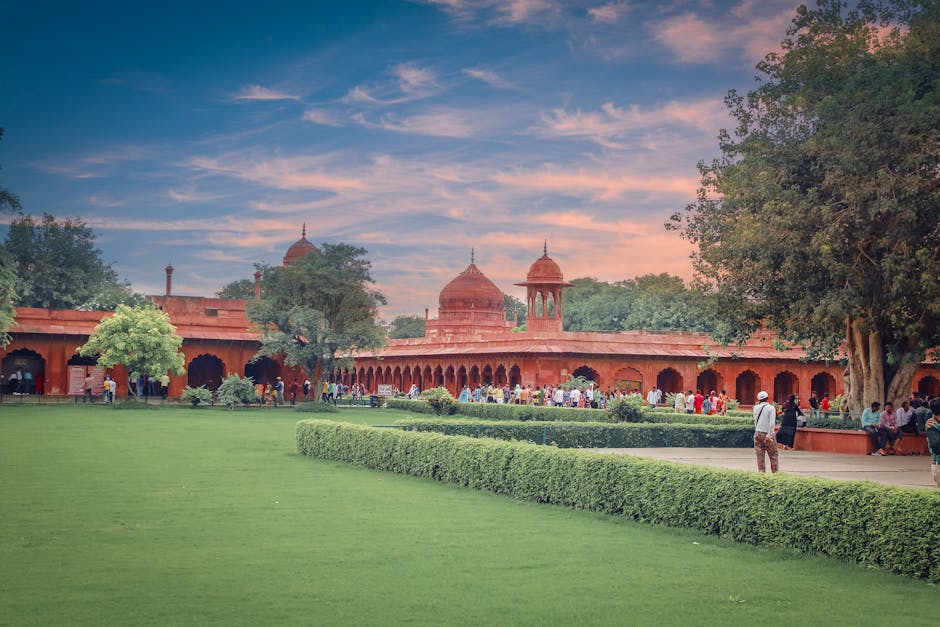Grief Turns to Anger After Inflammatory Speech
In the immediate, grief-stricken aftermath of the deadly blast that tore through a bustling Delhi market, a chilling message from across the border has turned sorrow into incandescent anger. As rescue teams worked amidst the wreckage and a nation mourned, Pakistani political hardliner Maulana Riaz Ahmed delivered a speech laced with venom, not sympathy, that has drawn swift and unequivocal condemnation from New Delhi.
‘From Red Fort to Kashmir’: The Chilling Threat
The blast, which claimed over a dozen lives and left scores injured, was an act of barbaric cowardice. Yet, for Maulana Ahmed, leader of the extremist Tehreek-e-Azaadi Pakistan (TAP) party, it was an opportunity. Addressing a rally in Lahore, he eschewed any semblance of condolence, instead launching into a tirade that celebrated the violence and issued a direct, ominous threat to India.
“They weep in Delhi today, but this is just the beginning,” he thundered to a cheering crowd. “Our fight does not end at the Wagah border. Our resolve stretches from the Red Fort in Delhi to the forests of Kashmir. We will reclaim what is ours, and this is our message to the oppressors.”
A Dangerous Provocation: Decoding the Slogan
This “Red Fort to Kashmir forests” rhetoric is not just the unhinged rambling of a fringe element; it is a dangerous and deliberate provocation. The Red Fort is a potent symbol of Indian sovereignty and history, while the “forests of Kashmir” are a direct reference to the ongoing insurgency that India has long maintained is fuelled by Pakistan-based terror outfits. By linking a civilian tragedy in Delhi to a wider, violent ideological campaign, Ahmed’s statement is a tacit endorsement of terror as a political tool.
India Hits Back: MEA Calls Remarks ‘Despicable’
India’s Ministry of External Affairs (MEA) was quick to respond. In a sharply worded statement, the MEA spokesperson called the remarks “despicable and revealing.”
“At a time when India is in mourning, this shocking statement from a Pakistani leader celebrating the death of innocent civilians exposes the deep-rooted ecosystem of hate and terror that thrives across our border,” the statement read. “It is a public admission of the very ideology that India has been fighting for decades. We demand that the government of Pakistan not only condemn these remarks but take credible and verifiable action against leaders and organisations that openly preach violence against India.”
Political Fallout and a Stark Reminder
Analysts suggest Maulana Ahmed’s comments serve a dual purpose. Domestically, they are red meat for his hardline base, a cynical ploy to shore up political support by stoking anti-India sentiment. Internationally, however, they are a catastrophic miscalculation, reinforcing India’s narrative on the global stage about Pakistan’s role in sponsoring terrorism.
For the families of the victims in Delhi, these geopolitical games are a world away. But for the Indian establishment, Ahmed’s words are a stark reminder. They underscore the reality that while India seeks peace, there are forces that see tragedy not as a moment for human solidarity, but as a milestone in a long and bloody war.




